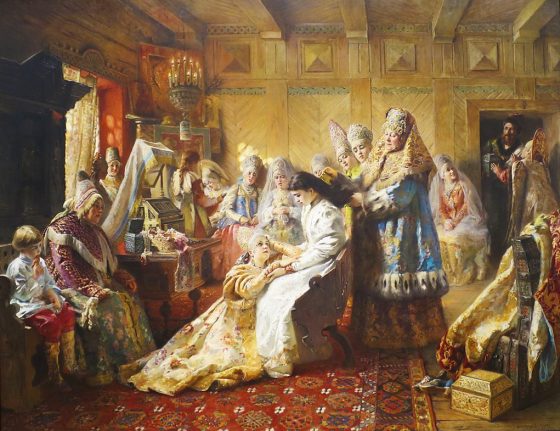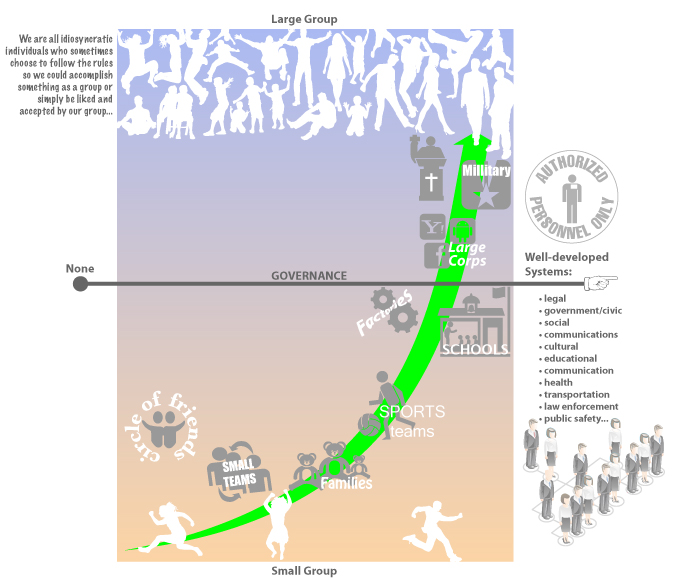
From Russia With Love This month, I’ve teamed up with a few other indie writers who wrote stories set in Russia. There are just the seven of us, and I hope you check out our stories. I, of course, have a novel Twin Time that is set in Old Pre-Revolutionary Russia. If you click the link here, you will get to my blog that has the first few chapters free. Or you can see the whole Russian collection here: October seems like a good month to spend between the pages of stories that drop you in the middle of the cold, exotic, and thrilling faraway places. I hope you will find something good to pick up in this collection. Here’s a link to a little book trailer I’ve created for my book: The Dance I’ve published over a million words in the 14 years I’ve been writing novels. For each word I’ve written, I’ve consumed thousands. And the more I write, the more treasures I find in other people’s writing. It’s like being a botanist and visiting a forest. Everyone enjoys the beauty of walking nature trails, but a botanist spots things that remain hidden from most eyes. I am…

